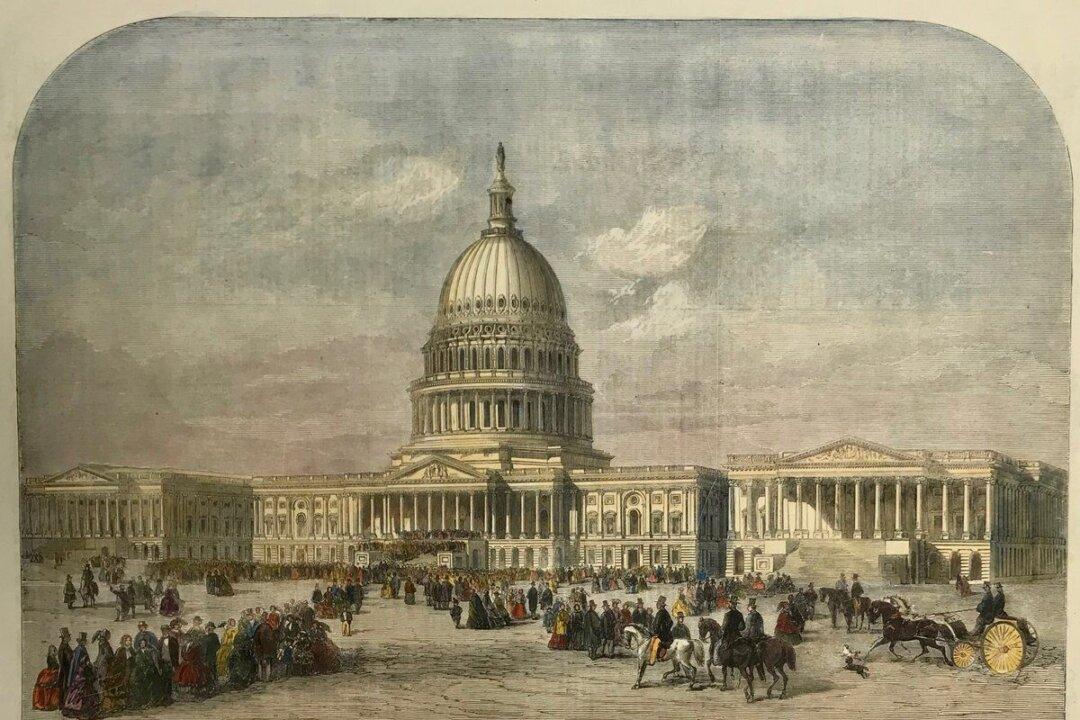Commentary
The dramatic events in Washington, with the seemingly impossible suddenly appearing possible, invite us to unleash our dreams. What kinds of fundamental reforms are needed?

The dramatic events in Washington, with the seemingly impossible suddenly appearing possible, invite us to unleash our dreams. What kinds of fundamental reforms are needed?